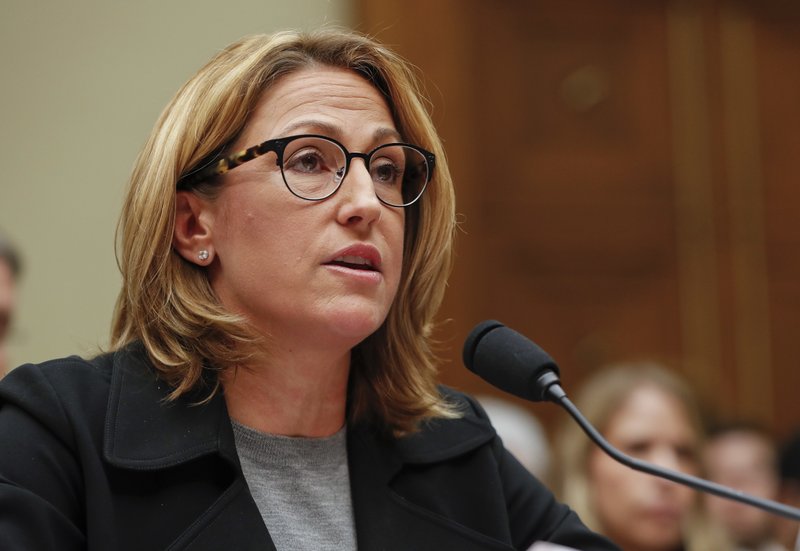WASHINGTON -- Lawmakers on Wednesday grilled the head of the pharmaceutical company Mylan about the significant cost increase for EpiPens and the profits they reap for the company.
Mylan Chief Executive Officer Heather Bresch held up an EpiPen as she told the House Oversight and Government Reform Committee that she wishes the company had "better anticipated the magnitude and acceleration" of the rising prices for some families.
"We never intended this," she said, but maintained that her company doesn't make much profit from each emergency allergy shot.
The list price of EpiPens has grown to $608 for a two-pack, an increase of more than 500 percent since 2007. Republicans and Democrats have said families struggling to pay for the shots have every right to be angry at Mylan.
Opening the hearing, House Oversight Committee Chairman Rep. Jason Chaffetz, R-Utah, said high executive pay at Mylan "doesn't add up for a lot of people" as the EpiPen price has increased. Chaffetz said executives for the company made $300 million over five years while the list price for a pair of the emergency allergy shots rose.
"Parents don't have a choice," Chaffetz said. "If your loved one needs this, it better darn well be in your backpack."
Bresch said the company makes only $50 in profit on each EpiPen. But Chaffetz said he finds that "a little hard to believe."
EpiPens are used in emergencies to stop anaphylaxis, the potentially fatal allergic reactions to insect bites and stings and to foods such as nuts and eggs. People usually keep multiple EpiPens handy at home, school or work, but the syringes, containing the hormone epinephrine, expire after a year.
The company said it has made strides to more widely distribute the drug to schools and others and raised awareness of deadly allergies. That requires investment, Bresch said.
Bresch has some familiarity with Capitol Hill -- she is the daughter of Sen. Joe Manchin, D-W.Va.
Bresch noted that Mylan has said it will begin selling a generic version of the EpiPen for $300 for a pair. That will still bring Mylan tens of millions of dollars while helping retain market share against current and future brand-name and generic competition.
Chaffetz said he was skeptical that the company will lose any money on the generic versions.
"This is why we don't believe you," he said.
The company has also offered coupon cards and has doubled the limit for eligibility for its patient assistance program. But critics have said the coupons, discount cards and patient assistance programs aren't real solutions because many customers won't use them or won't qualify for them.
Last year, more than 3.6 million U.S. prescriptions for two-packs of EpiPens were filled, according to data firm IMS Health. That brought in sales of nearly $1.7 billion for Mylan, though the company says it only receives about $1.1 billion after rebates and fees paid to insurers, distributors and other health care businesses.
Several other congressional committees have called for investigations into the matter.
In the Senate, leaders of the Homeland Security and Governmental Affairs Committee's investigations subcommittee said earlier this month that they had begun an inquiry into the company's pricing and competition practices. The Senate Aging Committee requested briefings on the issue, and Sen. Charles Grassley, R-Iowa and chairman of the Judiciary Committee, has written several letters to Mylan demanding answers.
Information for this article was contributed by Matthew Perrone and Linda A. Johnson of The Associated Press.
Business on 09/22/2016

